
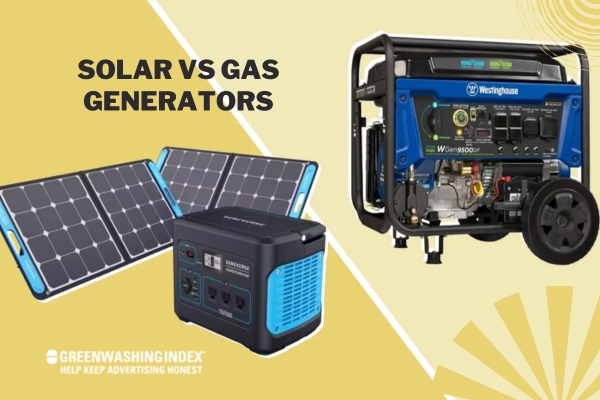
When you’re thinking about keeping the lights on during a blackout or needing a power boost while camping, have you ever wondered which is better: solar or gas generators? You’re not alone! Many of us want to make smart choices that match our needs and values.
Some folks go for the eco-friendly vibe, while others need a strong, reliable power kick. But it’s not just about what feels right—money matters too!
So if you’re scratching your head over solar vs gas generators, asking which one will serve you best in the long run, let me lay it out simply. If saving money over time is your game plan, solar can be your MVP with its low running costs and maintenance fees.
On the other hand, for a quick power-up with no wait time, gas generators are ready to jump into action. But wait – there’s more to this matchup than just dollars and cents; think green living versus convenience when the clouds roll in.
When I think about choosing between solar and gas generators, it’s like deciding what kind of car I need. It all depends on where I’m going, what the road’s like, and how far I’m planning to travel. So, let me get into the details of evaluating scenarios where a generator might come in handy.
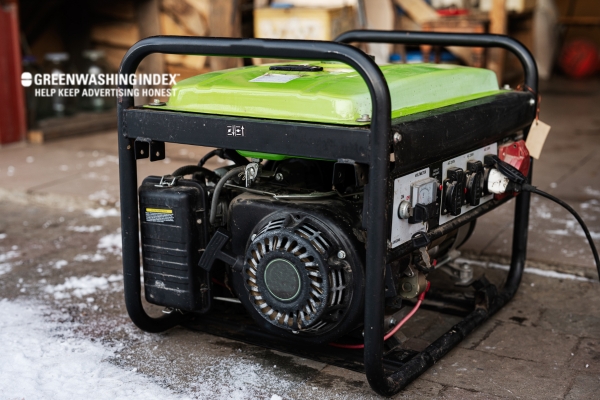
Imagine we’re gearing up for different situations that could cut off our power supply. Let’s picture a few:
Each situation has its ups and downs when it comes to picking between solar versus gas generators.
For example:
Now that you’ve seen different times when we need them let me talk about personal preferences next because they’re also super important in picking sides in ‘solar vs gas generators.’
My personal values shine through here as much as my needs do:
I’ve got friends who weigh these choices like chefs picking ingredients:
These thoughts – everyone’s balance sheet looks unique when they check off their tick boxes under the ‘sustainable generator choices’ heading versus ‘raw grunt needed headings.’ It’s sort of like matching your shoe choice with your walk; some trails scream for tough boots while others are flip-flop friendly.
It’s clear then – going beyond just counting beans and getting into assessing real-world use plus digging deep into personal values ought not to be missed steps down this path as crisp as autumn leaves crunching underfoot while scouting which way leads home best – by sunbeams shooting through leaves overhead canopies or following fuel cans rattling along behind us.
Also Read: Home Generator Size Guide: How Big a Unit Do You Need?
When I’m thinking about how to keep my house or my tools running when there’s no power from the grid, I often end up comparing solar and gas generators. Let’s dive into what each of these options means for our wallets and the world around us.
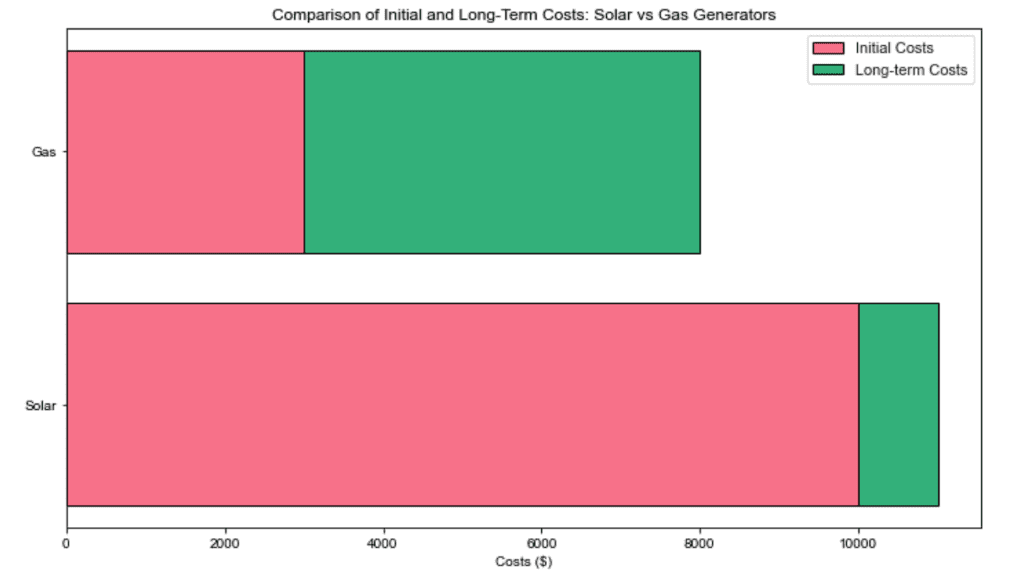
First, let’s talk money – especially what we need to pay at the start. Solar and gas generators come with different price tags when we first buy them:
Putting it all out there, going solar usually asks for more money upfront compared to getting a gas generator ready to roll.
Now let’s peek into what happens with costs as time ticks on:
All right: When weighing these long-term costs against each other? Solar tends to offer lighter expenses over its lifetime versus the steady stream of costs linked with fueling and fixing gas generators.
So there you have it! Putting down cash at the start versus counting coins over many years might tilt your decision one way or another when choosing between renewable energy options like solar and traditional ones like gasoline-powered generators. It’s worth pondering both sides before making your call!
Also Read: Buying vs. Leasing Solar Panels: What’s Best for You?
When I look at how solar and gas generators work, I like to think about how they turn what they have – sunlight or gas – into electricity for us to use. It’s a bit like how our bodies turn food into energy so we can walk, talk, and play.
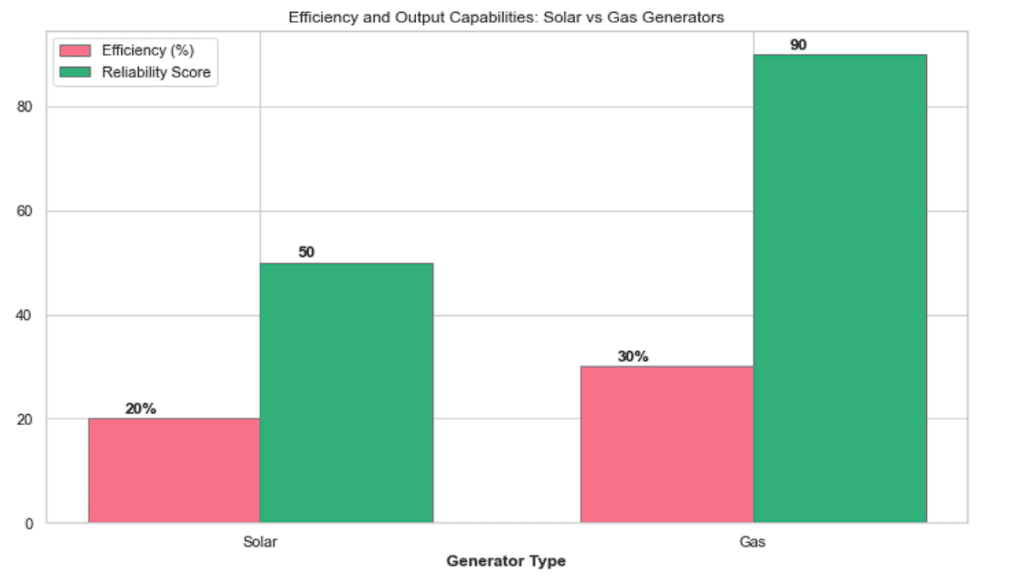
For a generator to be good at its job, it needs to be able to take what it has and make as much electricity as possible without wasting any. Here’s where the solar vs. gas generators debate gets interesting:
When thinking about efficiency between solar vs. gas generators, remember that solar is usually more careful with its energy source (sunlight), while gas ones don’t always use all their fuel properly.
Now let’s chat about whether these generators can keep your lights on when you really need them:
In terms of staying reliable across different types of weather or during those moments when everyone needs lots of power at once (like during a holiday dinner with all the ovens going), here’s how things stack up between solar vs. gas generators:
Boldness in Sunlight:
Ready in Rain & Storms:
Remembering this should help decide what kind works best for keeping your nights bright and your phones charged up!
Also Read: Viscose Environmental Impact: Sustainability Truths
When we talk about solar vs gas generators, it’s important to think about how they affect the air and land around us. Both types of generators give us power when there’s no electricity, but they do so in very different ways. I want to tell you why solar might be a kinder choice for our planet.
Now, let’s dive into why using a solar generator can help us leave a lighter mark on Earth:
Some studies have shown that over its lifetime, a single solar generator can stop tons of carbon dioxide from going up into our sky compared to using gas-powered ones. This means by choosing solar, I’d be helping protect the clean air we breathe!
Gas generators use fuel like petrol or diesel to make electricity when you need it. But burning this fuel creates something called emissions – kind of like when a car makes exhaust:
I’ve learned that an average portable gas generator emits roughly 0.97 pounds (440 grams) of CO2 per kilowatt-hour (according to VPASP Shopping Cart). Now imagine how fast this adds up if many homes are running their own generators! That could mean lots more greenhouse gases in our atmosphere.
In short, when I compare these two – looking at how they shape our environment – I see that choosing a solar generator helps me do my part in keeping Earth cleaner for everyone now and later on down the line too!
Also Read: Solar Power Basics: Unlock Clean Energy Mysteries!
When you’re thinking about whether to choose a solar or a gas generator, there are important things to think about. You want a generator that meets your needs, but it should also be easy to live with. Let’s talk about some practical parts of owning generators, like how loud they are and what kind of care they need.
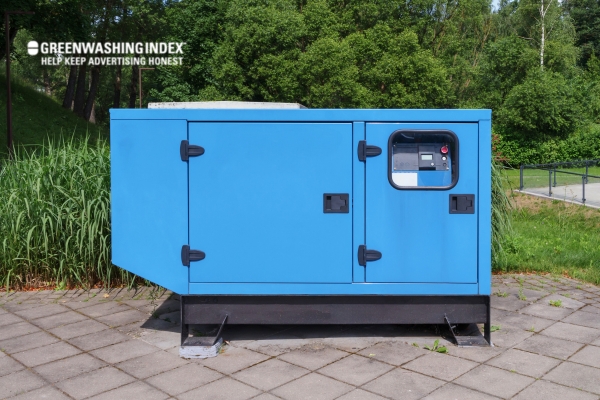
First up is the noise. Generators make sound when they run, and the amount of noise can range from a hum to something much louder.
So when thinking about noise:
Choosing based on sound means looking at where you’ll use it and who might be around.
Another big part is maintenance—that’s the care needed for your generator so that it runs well when needed.
With these points considered:
If I were advising someone who wants low upkeep in their power source along with peace from less noise pollution—I’d tip towards going solar between solar vs gas generators. But remember—your situation could mean different things matter more or less to you!
Also Read: Solar Panel Lifespan Secrets: Maximize Your Investment!
When you’re deciding between solar and gas generators, one big thing to think about is how long they last. This is called the lifespan. Both types of generators can keep going for different lengths of time, and it really depends on how you use them.
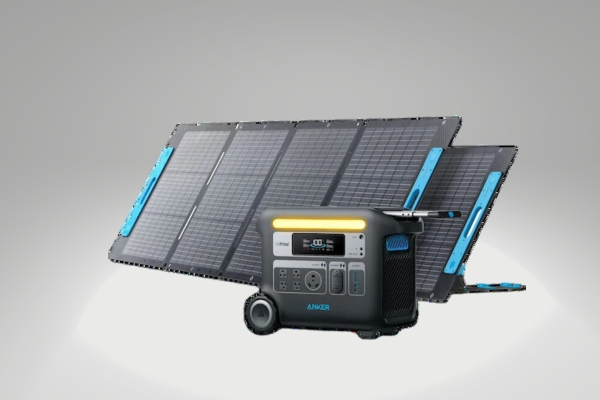
Solar Generators: These are often seen as being really good for the long haul. They don’t have moving parts that can break down over time, which means less wear and tear. A solar generator’s life often ranges from 25 to 30 years, but keep in mind that the battery—the part that stores the energy—usually needs replacing every 5 to 15 years.
Gas Generators: On the other hand, gas generators tend to have a shorter lifespan because they have engines with lots of parts that move. Because of this, things can wear out faster. Most gas generators have a lifespan between 1,000 to 3,000 hours of use—that might sound like a lot but think about how often you’ll use it. If you run it for long periods at a time or very frequently, it won’t last as many years.
Both types handle wearing down differently:
It’s also key to remember that where you put your generator and how well you look after it matters too!
A warranty is like a promise from the maker saying they believe their product will last for a certain amount of time without breaking. Let’s see what kind of promises come with these generators:
Often these companies believe so much in their product’s durability that they give these lengthy warranties.
This means if something goes wrong quickly after buying one, you’re safer from extra costs—but only for such short times.
When comparing solar vs gas generators, remember solar tends more towards slow battery loss but lasts way longer overall—with generous warranties reflecting this confidence by manufacturers; gas ones might need more care due to fewer pure running hours before wearing down—backed up by shorter warranty periods pointing out their quicker aging process.
Choosing which type fits your needs better means thinking about durability across different usage patterns (how often and how long you’ll run them) plus considering what kind of safety net those warranty offerings provide in case things go south!
Also Read: Portable Greenhouse Guide: Grow Greens Any Season!
When I think about portable power, two main options come to mind: solar generators and gas generators. Each one has its own pros and cons, especially when it comes to moving them around.
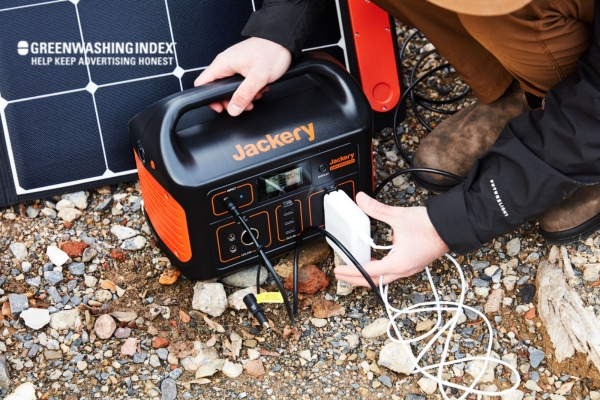
Mobility means how easy it is for me to move something from one place to another. If I’m going camping or need power in different places often, I want something that won’t be too hard to carry around.
Solar Panels and Battery Systems
Gas Generators
If someone asks me about the ease of moving these power sources around, here’s what I’d say: Solar panels with battery systems generally beat gas generators on mobility due mainly to their lighter weight and the fact that you don’t have the extra hassle of carrying fuel. For road trips or places where being quiet is a bonus – think campsites – solar seems like the way forward.
However, take into account that larger solar setups can get bulky too. Still, they usually win out against hauling a hefty gas generator plus a couple of cans of gasoline – both in terms of convenience and saving my back from all that heavy lifting!
Solar generators can last up to 25-30 years, while gas generators usually need replacing after around 10 years. The lifespan can vary with how much you use them and how well you keep them up.
Yes, but it might not make as much power. Solar panels work with light, not heat, so they can still get energy in the winter. Having good batteries for storing that power is key on cloudy days.
Running a gas generator means extra costs like buying fuel and engine maintenance. Over time, these expenses add up. On the other side, solar panels don’t need fuel and have fewer parts to break down.
When I look at the debate between solar and gas generators, it’s clear that both have their place. If you’re concerned about the environment and long-term savings, solar is a no-brainer. But when immediate power and total reliability are must-haves, gas generators can be lifesavers. Ultimately, what matters is knowing your needs and values to make the best choice for you.
